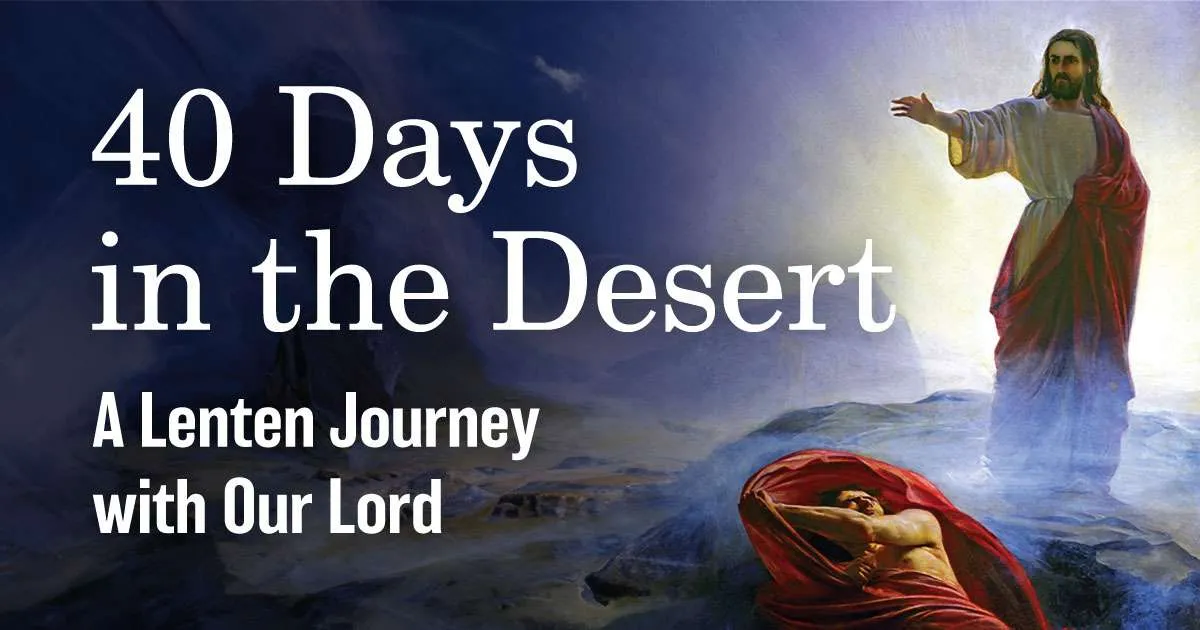Day Twenty-Seven: Sloth or Diligence?
Lent would not be fruitful without a thorough examination of conscience, which we will walk through over the next seven days, helping you to prepare for the beautiful and cleansing Sacrament of Reconciliation. One reason that many avoid examining their consciences is because of the first sin we ponder—sloth.
Sloth is a laziness by which we neglect our duties toward God and others. The slothful person seeks comfort over discipline, rest over work, disinterest over diligence. Sloth leads to spiritual sorrow, despair, sluggishness, indignation, idleness, restlessness, wastefulness, and unholy curiosity. When sloth becomes habitual, one’s first consideration each day is to do that which is easiest and most consoling. Excessive time on social media, for example, can lead a person into sloth. Hard work, diligence, responsibility, concern for others, and a desire to make a difference are necessary to inspire a person to break this bad habit.
Diligence (or zeal) is the opposite virtue and cure for sloth, enabling us to take responsibility for our daily duties and to fulfill them according to God’s will. Becoming a workaholic, the opposite extreme, is no cure for sloth. The virtue of diligence enables us to find the right balance in all our actions, doing what God calls us to do with fidelity and zeal, and avoiding excessive obsessions with that which causes stress and undue burdens.
In regards to others, charity will help to cure sloth when we turn our attention away from our own preferences and focus upon ways we can show love and concern for those around us. Sloth causes us to look at ourselves. Charity enables us to look at others and consider ways we can better their lives, even when doing so requires great sacrifice. We find joy in that sacrifice.
In regard to God, sloth tempts us to avoid daily prayer. We can reason that our prayers are ineffective, or that we serve God by our actions, making our work our prayer. A faithful commitment to daily prayer, setting aside time each day to do nothing other than pray, is of great importance. In fact, if you sit down to pray or kneel before our Lord and experience an immediate temptation to abandon that practice, overcoming that temptation will help cure sloth.
Spiritual sloth finds its way into our lives when we do not receive consolations from prayer, get discouraged, and give up. At the beginning of our prayer lives, God often provides spiritual encouragement in the form of sensible consolations resulting from meditations and spiritual insights. But there will come a time when those consolations dry up and we feel an emptiness. This experience can result in confusion and lead us to abandon our prayer lives; that is spiritual sloth. The goal must be to persevere through dryness and avoid discouragement.
When Jesus was dying on the Cross, He cried out, “I thirst!” Perhaps His thirst was partly physical, experiencing dehydration. But on a deeper level, Jesus’ thirst was for every soul who needed His love. If we can share in Jesus’ thirst for the salvation of souls, including our own, then this spiritual thirst will drive us to conquer all sloth.
My thirsting Lord, the burning desire of Your soul was to pour forth Your mercy upon all people. Their reception of Your love satiated Your Sacred Heart and drove You to love even more. Please fill my soul with Your divine thirst, first for the salvation of my soul, and also for the good of those whom I’m called to serve. Make me diligent in prayer and faithful to my duties in life. Jesus, I trust in You.
Source: https://mycatholic.life/




